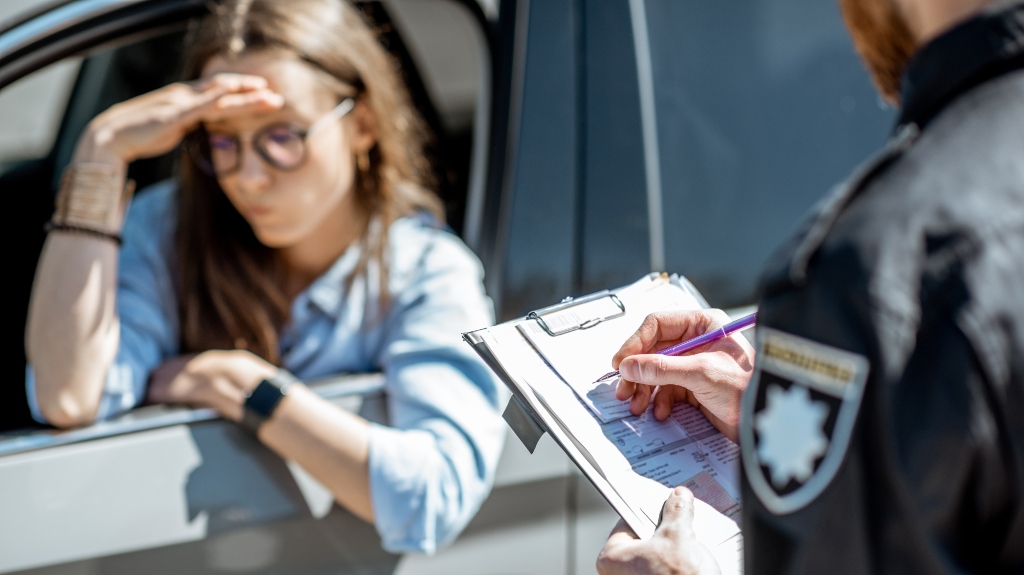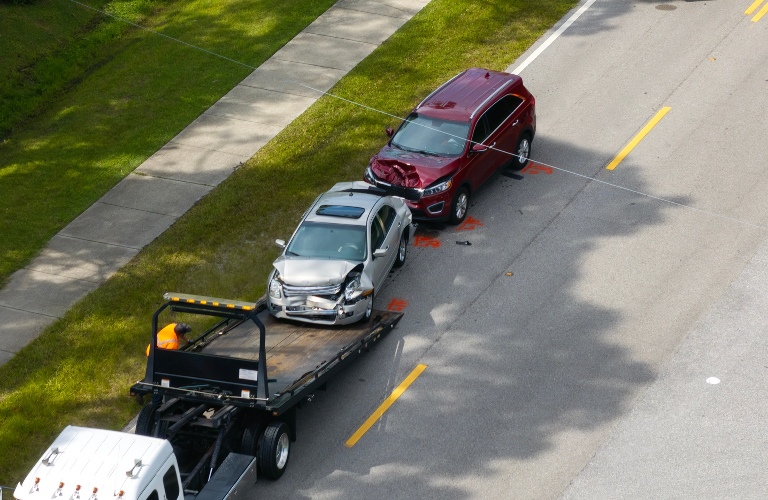
When you have a car accident, you have several things you must do at the accident scene. Calling the police after a car accident in Illinois may become one of the most critical steps you can take to protect your rights and interests. When police respond to the scene of a car crash, an officer will write a police accident report that may serve as key evidence in your car accident claim.
Understanding Police Accident Reports
When a car accident in Illinois causes death, injury, or more than $1,500 of property damage when all drivers have insurance ($500 if at least one driver does not have insurance), each driver involved in the accident must report the accident by contacting the police. If a police officer does not come to the scene, the drivers must file a report with the Illinois State Police within ten days of an accident.
When police officers respond to a car accident, they will write a police accident report that contains various details about the accident, including:
- Identifying information for the drivers and passengers involved in the accident
- Any injuries or deaths caused by the accident
- Any third-party property damage (such as buildings or structures along the road)
- Information about the vehicle(s) involved in the accident (make, model, color, VIN, license plate number)
- Any citations issued for the accident
- A diagram of the crash scene
- A brief description of the accident as gathered from evidence and statements, including the officer’s opinion on who caused the accident
Because police accident reports can provide critical evidence in car accident claims, drivers should always contact law enforcement after a crash to request an officer at the scene, even if no one has suffered any injuries.
How Police Reports Support Car Accident Claims
A police report can help your car accident claim when it corroborates your version of events in the accident. A police report comes from a neutral law enforcement officer trained to investigate motor vehicle accidents who wants to create an objective record of the crash. As a result, when the officer’s conclusions support your allegations, the police report can bolster the credibility of your claim. Furthermore, insurance companies and juries may give an officer’s opinion regarding fault in the accident significant weight due to the officer’s training and experience. Moreover, the crash report’s notation of citations issued for the accident can also serve as persuasive evidence of fault.
Using a Police Report in the Insurance Claims Process
When you file a car accident claim, the insurance adjuster may ask you to submit a copy of the police accident report, or the insurance company may obtain the report itself. Insurers use police accident reports to confirm aspects of an insurance claim, such as a claimant’s description of what occurred in an accident. Although insurers may conduct independent investigations of the accident, the police crash report can serve as a foundation for the insurance company’s investigation.

What to Do If the Report Has Errors or Omissions
You should always obtain a copy of the police accident report after a crash in Illinois and review the report for errors or omissions. If a report contains spelling mistakes or other factual errors, you may contact the police department to request the officer amend the report to correct the errors. However, if you disagree with statements made by the officer in the report, you should collect evidence that disproves the officer’s statements.
Contact a Car Accident Attorney Today
After a car crash, you need experienced legal counsel to help you pursue maximum financial recovery for your injuries and losses. Contact Saperstein Law Group today for a free, no-obligation consultation with a car accident attorney to learn more about the importance of police accident reports in Illinois auto accident claims.
